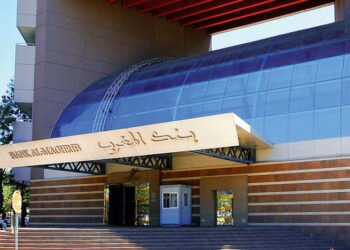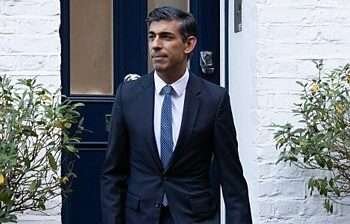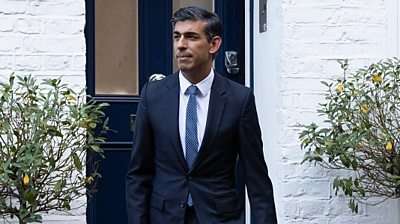The Executive Director of Africa Education Watch (Eduwatch), Kofi Asare, has outlined a comprehensive reforms to the new administration ahead of its plans to fully decentralize the procurement of food items for senior high schools in the country.
While commending the recent emergency cash transfers to schools amid food shortages, Mr. Asare underscored the need for systemic reforms to ensure sustainable food supply and effective resource management in the education sector.
In a detailed commentary, he lauded the government’s short-term response, which allowed SHS heads to procure food independently.
However, Mr Asare noted that this measure was only a temporary solution spurred by food shortages at a time when there was no substantive Minister for Education.
“When the dust settles, school heads will not have cash in advance to procure. That is why we must re-set the food procurement, financing and management system before decentralizing to schools:”
Kofi Asare, Executive Director of the Africa Education Watch (Eduwatch)
The Africa Education Watch Executive Director outlined a series of measures to address the structural weaknesses in the current food procurement and management system.
He emphasized the importance of building capacity within SHS institutions and implementing oversight mechanisms to ensure accountability and efficiency.
Firstly, Mr Asare stressed the need to train school heads and administrators in procurement processes, contract management, and store management. He argued that this is a prerequisite for empowering schools to take on decentralized procurement responsibilities.
Establishment of Robust Oversight Systems
Secondly, he called for the establishment of robust oversight systems to monitor stores management, thereby reducing the risk of inefficiencies and mismanagement.
Mr Asare further recommended enhancing internal audit mechanisms to ensure that school stores adhere to established procurement and inventory standards.
He also advocated for the documentation, communication, and enforcement of penalties for breaches of procurement and stores management regulations, to foster accountability.

Lastly, to address delays in cash transfers, Mr Asare urged the Ministry of Finance (MoF) to align its cash flow with the MoE’s Free SHS cash flow projections.
He suggested that funds be transferred to schools every 60 days or less to enable schools to meet supplier credit obligations, a key step in avoiding food shortages.
“If in doubt about the procurement and stores management capacity in SHS, read the Auditor-General’s Reports on SHS from 2013 to 2023. Without fixing these, we may rush to decentralize inefficiencies for the same problems to come haunting sooner than later.”
Kofi Asare, Executive Director of the Africa Education Watch (Eduwatch)
Kofi Asare called on key stakeholders, including the Conference of Heads of Assisted Secondary Schools (CHASS), governing boards, and old students’ associations, to take a proactive role in ensuring accountability in resource management.
Kofi Asare’s call for reforms serves as a wake-up call for policymakers to prioritize structural reforms over short-term fixes. He emphasized that while decentralization has its merits, it should not be rushed without addressing the underlying inefficiencies in the system.
The challenge now lies in the government’s ability to implement these measures effectively and ensure that decentralization becomes a vehicle for progress rather than a source of further inefficiency.
READ ALSO: AEC Unveils Top 40 Movers and Shakers in Energy for 2025




















